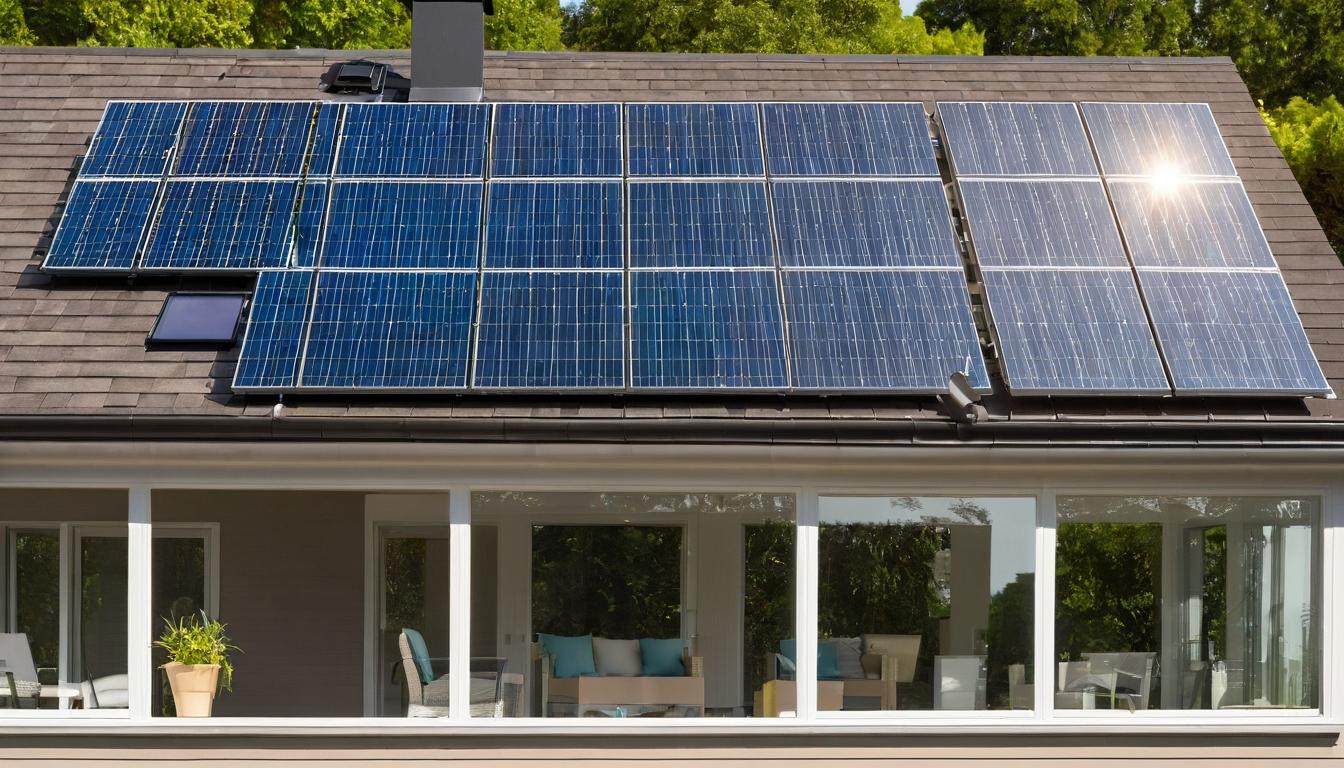In the quest for cleaner, more sustainable energy, solar panels have emerged as a beacon of hope. But beyond the glossy brochures and sales pitches, there's a complex world of technology, economics, and environmental impact that few homeowners ever see. This article peels back the layers to reveal what really makes solar panels tick, and how understanding their efficiency can save you money and reduce your carbon footprint.
Solar panel efficiency isn't just a number on a spec sheet. It's a dynamic measure that reflects how well a panel can convert sunlight into electricity under real-world conditions. Factors like temperature, shading, and even the angle of installation play critical roles in determining the actual output of your solar array. Recent advancements in photovoltaic technology have pushed the boundaries of what's possible, with some panels now exceeding 22% efficiency. But what does that mean for the average homeowner, and is chasing the highest efficiency always the best strategy?
The answer, as it turns out, isn't straightforward. High-efficiency panels come with a premium price tag, and for some homes, the extra cost may not justify the marginal gains in electricity production. This is where the concept of 'value efficiency' comes into play—a measure of cost versus performance that can vary dramatically depending on your location, energy needs, and financial situation. By focusing on value efficiency, homeowners can make smarter choices that balance upfront costs with long-term savings.
But efficiency is just one piece of the puzzle. The durability and lifespan of solar panels are equally important considerations. Modern panels are designed to last 25 years or more, but not all are created equal. The best manufacturers offer robust warranties and use high-quality materials that resist degradation over time. Understanding these differences can help you avoid the pitfalls of cheap, low-quality panels that may save money upfront but cost more in the long run.
Finally, the environmental impact of solar panel production and disposal is a topic that's often overlooked. While solar energy is clean in operation, the manufacturing process involves significant energy and resource use. Fortunately, the industry is making strides in reducing its carbon footprint, with recycling programs and more sustainable production methods gaining traction. As consumers, supporting companies that prioritize environmental responsibility can amplify the benefits of going solar.
In the end, the journey to solar power is as much about education as it is about installation. By digging deeper into the nuances of solar panel efficiency, value, and sustainability, homeowners can make informed decisions that align with their financial and environmental goals. The sun may be a limitless source of energy, but harnessing its power wisely requires a bit of homework.
The untold story of solar panel efficiency and what it means for your home

